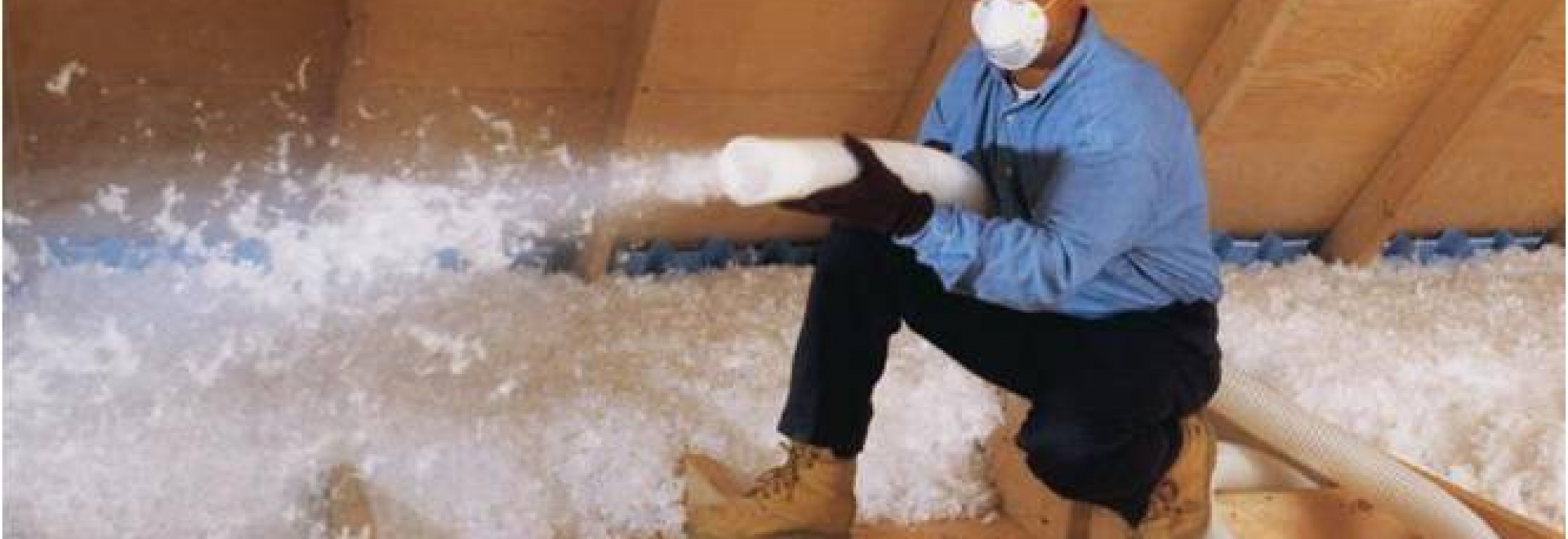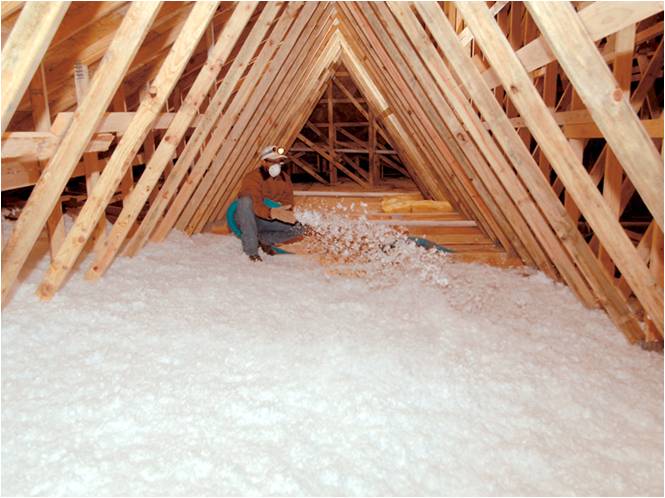
It is estimated that the average person living in our area spends approximately 90% of their time indoors, with that number escalated further during the colder months of the year. Naturally, this means that we do quite a bit of our breathing behind closed doors; which brings us to the discussion regarding Indoor Air Quality , or IAQ for short. We know that IAQ may not be something you think about often, but there’s no getting around the fact that it has an impact on every home & family, some much more than others. According to the World Green Building Council, improving IAQ can help to boost productivity by between 8-11% - after all, fresh air is a key component for feeling better, and it is obviously much easier to be productive when you feel good physically then it is when you don’t feel so well; true?
Since you’re not getting outside as much as you did during the summer – or as much as you wish you could – it becomes essential that the air you’re breathing indoors be as clean as possible.
Common Causes of Poor Indoor Air Quality
The best way to approach a situation in which you’re dealing with questionable or poor IAQ is to understand the root cause of the problem. Common causes of “less-than ideal” IAQ can include, but not limited to, the following:
- Old, Dirty or Thin Insulation — Insulation that isn’t up to par won’t do you any favors when it comes to IAQ. Unknown to most homeowners is that Fiberglass insulation – the most common type used for the better part of the last century – works by “trapping” air inside of it (which is why it’s fluffy & flexible, and not dense or rigid), and has an “effective rating” (meaning how long can it be expected to perform) of only about 25 years before it starts to break down; so not only will it allow outside air to infiltrate the home, but old, deteriorating insulation can release particles into the air - your air - thus impacting its quality. The solution? Call Princeton Air to inspect and, if need be, replace your old insulation with new, high-performance insulation – like Cellulose and/or Spray Foam – which not only have a higher “R-value” (Resistance to temperature transfer; the higher the rating, the better it performs) than Fiberglass, but due to its’ much denser consistency it will help reduce the air gaps in size & quantity. If your home is still using those old (Pink?) Fiberglass batts, then there’s a good chance that your home is not protected from these unwanted sources.
- Lack of Air Sealing — Air Sealing is one of the most important things to take into consideration when determining the major causes of a home’s poor IAQ. You may not realize it, and because you can’t see it you may not even think about it; but most homes are loaded with small gaps & cracks left over from “normal” construction practices, that allow unfiltered, unconditioned outside air to enter, and therefore a home’s filtered, conditioned air escapes. The vast majority of home builders do not include Air Sealing as a construction “standard”, and this will always contribute to IAQ problems. The best way to address this construction “oversight” is to have your home Air-Sealed by Princeton Air; clients that have taken advantage of this opportunity to have their home's Air Sealed have reported back to us the positive impact they attribute to our Air Sealing of their homes: improved overall family health; the reduced mildew, mold and moisture-related issues; fewer drafts & less “hot spots” or “cold spots” throughout the home; and if these benefits weren’t enough to sway your opinion, we must mention the lower energy bills – if your home keeps more of the “bad out”, and more of the “good in”, that can only lead to reduced Heating/Cooling system run times, and that can only lead to reduced energy consumption; true?
- Faulty HVAC Systems — When was the last time you had your HVAC system looked at, other than when it failed to heat or cool your home? Poorly maintained HVAC systems are not just more costly to operate, but they can be exceedingly dangerous as well; for example, an older, poorly maintained heating system can fail to vent properly, allowing combustion by-products like carbon monoxide - that should be going up the chimney - to enter into a home, which can be toxic to you and your family. Installing a new HVAC system , or if nothing else at least having a “checkup” performed on your existing heating system, are just 2 of many steps you can take to ensure that mechanical problems don’t lead to IAQ problems.
Let Princeton Air Help
At Princeton Air, we know that a home's’ IAQ is one of the more important aspects of home performance , and should never go overlooked. Contact us today to learn more and to schedule an appointment.

